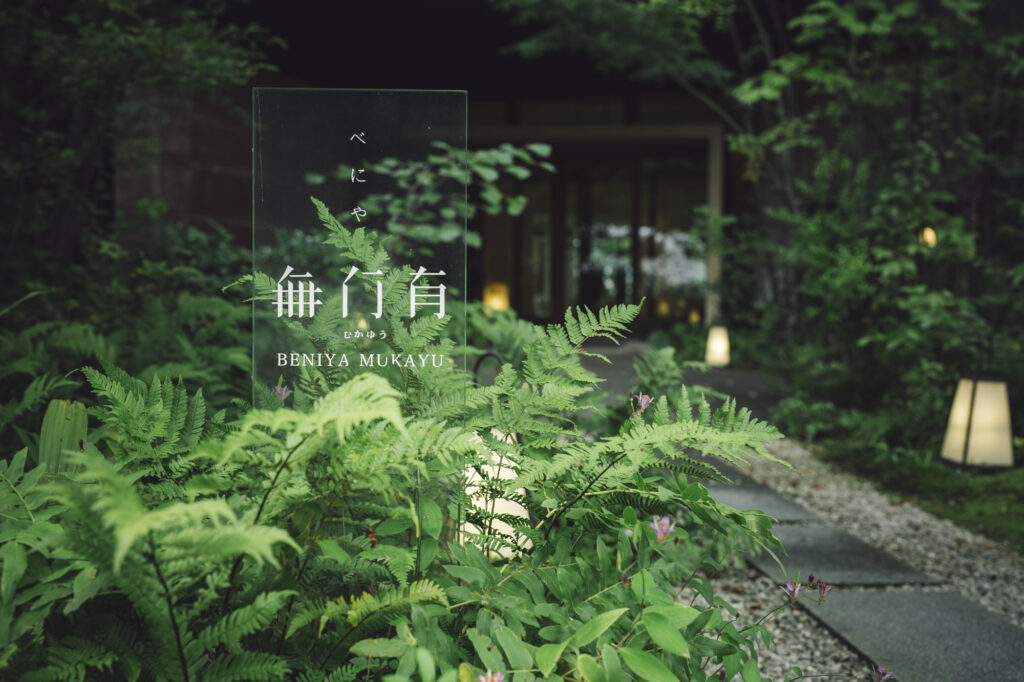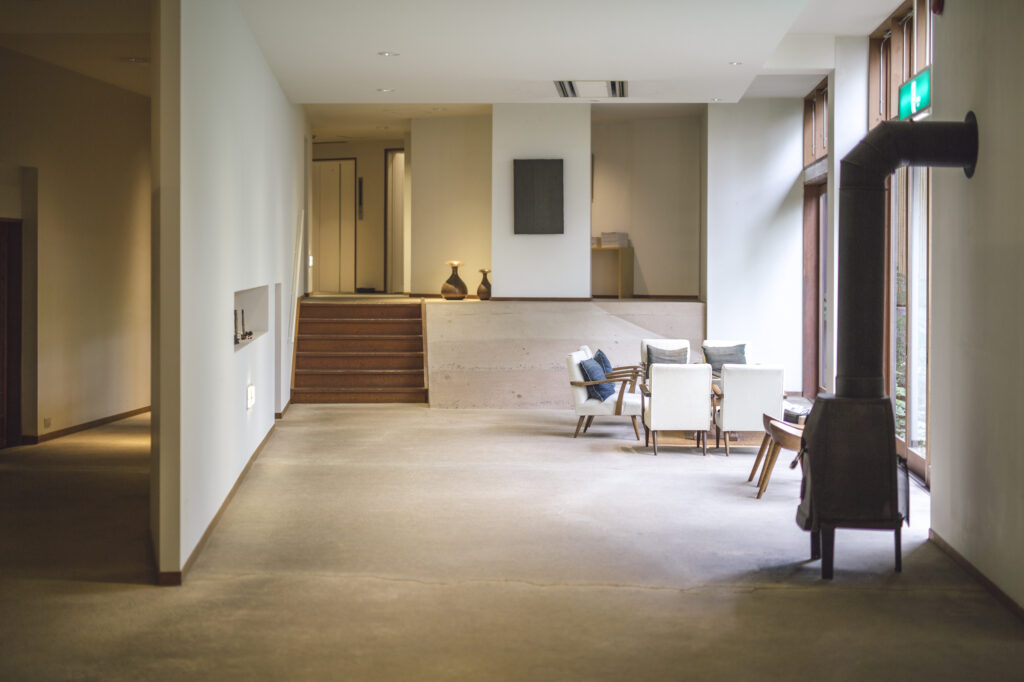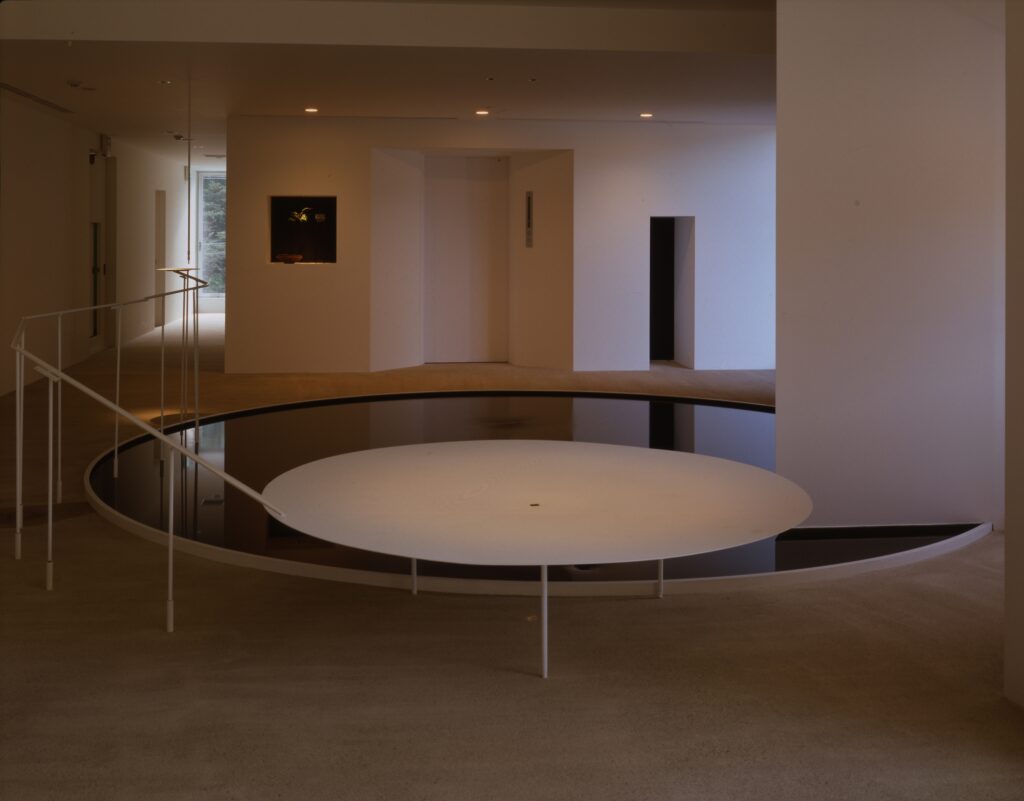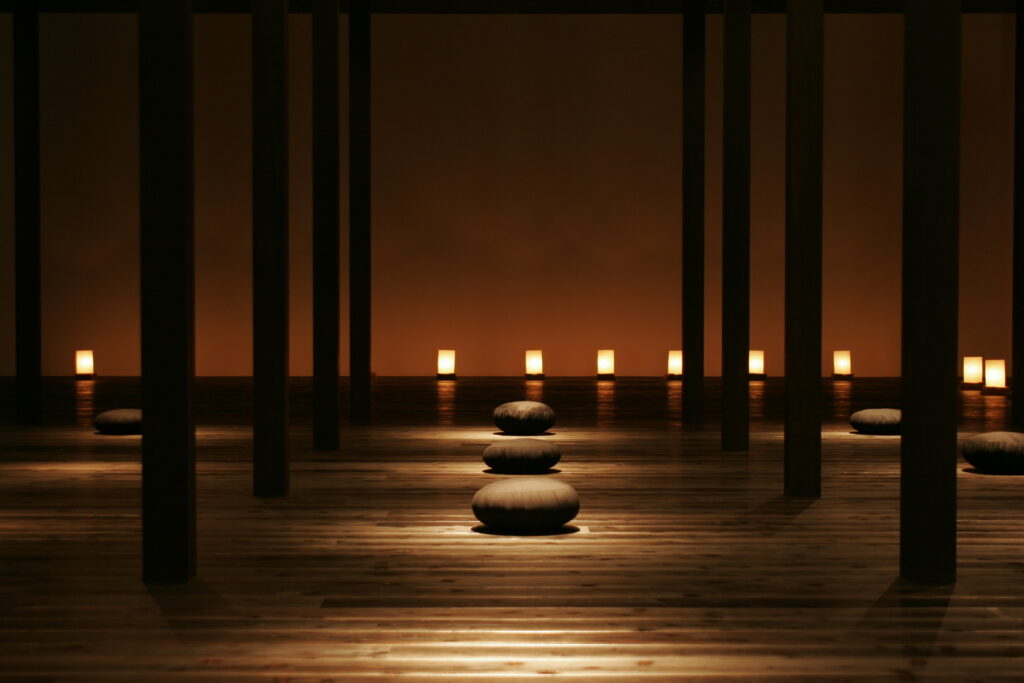5.5 Why Be Happy at a ryokan?
Sachiko: Scott, we are now at the end of our conversations about your book Why Be Happy? published in July 2020. Going back to what you said on our first conversation:
Scott: I think an important thing about this discussion might be to try to explain what exactly a ryokan is for those who are unfamiliar with its many benefits. Many Westerners haven’t heard of them. People in the States often ask me: “What was your best experience in Japan?” I always say: “Going to a ryokan – I love going to a ryokan.” The next question is often: “What do you do there?” Just for fun, but it also happens to be true, in the broadest sense, I might answer: “Nothing. I do nothing there.” They think I’m joking, and remind me that the best ryokan are expensive, and that it must be boring to do nothing. Well, there’s a reason why ryokan are so magical: you have a beautiful bath three or four times a day in water from natural hot springs; really delicious, healthy, and seasonal food that’s chiefly fish and shellfish and vegetables; and it’s very quiet, you can take a walk in the woods, you can hear yourself think, and you can feel your emotions unguardedly. It’s so peaceful, you feel like a child, you really feel like a child again
Through our conversations, I hope we could help the people who don’t know what a ryokan is to imagine how beneficial staying there can be, which is what you proposed originally, right? Our guests often have very busy lives. For them Beniya Mukayu is the right place to escape from the routine and release the body and mind from daily life. The time the guests spend at Beniya Mukayu remains as empty space in a busy schedule book. I think it’s a time filled with freedom because it’s empty. It’s a time for feeling “richness in emptiness”. Let me quote a passage that Takeyama san has written for the Byakuroku白緑, the most recent project he has done at Beniya Mukayu:
To relax at a ryokan means to empty the soul and wash away that which stains the body – to fully enjoy a time with nothing to do. However, an empty soul seeks for something fresh. Something starts to emanate from the bottom of the soul. Time spent relaxing seems unguided, but rather it is time spent cultivating creativity […] A surge of vital energy is poured into the freshly blank, white soul. A lively green splashes into an empty whiteness.
This passage immediately came to my mind when I read what your son Nick talked about:
Going into a place where nothing is there and feeling that everything is there inspires well-being. (page 141)
That is why Kawabata stayed at a ryokan while he was writing the novel Snow country!
Scott: It’s interesting what you said, it’s not just that “nothing is everything” but also “everything is nothing”, it’s a good point because if you can understand that and really appreciate it, it’s very powerful. There are many people who love this concept, it’s part of our human nature, many people understand the importance of this.
Sachiko: Moreover, I would like to remind us of one of your side comments:
Scott: But again, to go back to the original point about the health benefits of a ryokan stay: a ryokan is almost like a fairy tale. Everyone knows that when you are in a ryokan it’s not the real world, it’s magical, so it creates an environment where the idea of acceptance is in everything, it’s the acceptance of the nap, of the service. You do not hear a lot of screaming at a ryokan, you don’t hear people arguing, you don’t hear a lot of commotion because the idea is to calm down. And it’s not how people live. I mean, to live in a city, whether in Japan or anywhere, cities are stressful so to be at a ryokan it’s a way to letting go of the stress, it’s a way to accepting a different way of seeing things.
And also:
Scott: when you have a ryokan that does all these things: beautiful baths, an attentive staff, delicious food […] you leave the ryokan and you feel a different person, you know. And that is why people are willing to spend a lot of time and money in a ryokan. I think it’s like disappearing… you know what I mean, it’s a way of creating a new reality.

Sachiko: For me, at Beniya Mukayu, the magic comes from ‘nothing is everything’ or ‘richness in emptiness’. Through this concept I strongly believe we can make the guests happy: this is the most important thing for us, this is the reason for the existence of Beniya Mukayu. How do you think?
Scott: I think it’s perfect, I think it summarizes what you do. What I find interesting too about your particular ryokan is that there are Western elements, so when people from outside of Japan come in the lobby area, they feel immediately familiar. Beniya Mukayu combines some of the things in the West that you must value, so that’s a broadly human perspective, very nice.
Sachiko: It seems to me that Takeyama san, Nick, you, and I are looking at the same thing from different perspectives… we all got to know Why Be Happy? at a ryokan. We shall let more and more people know about this, so they can be happy while visiting Japan!








